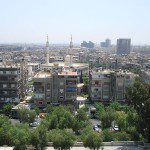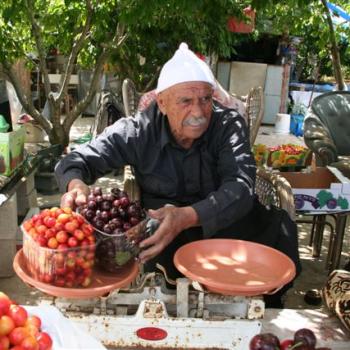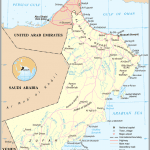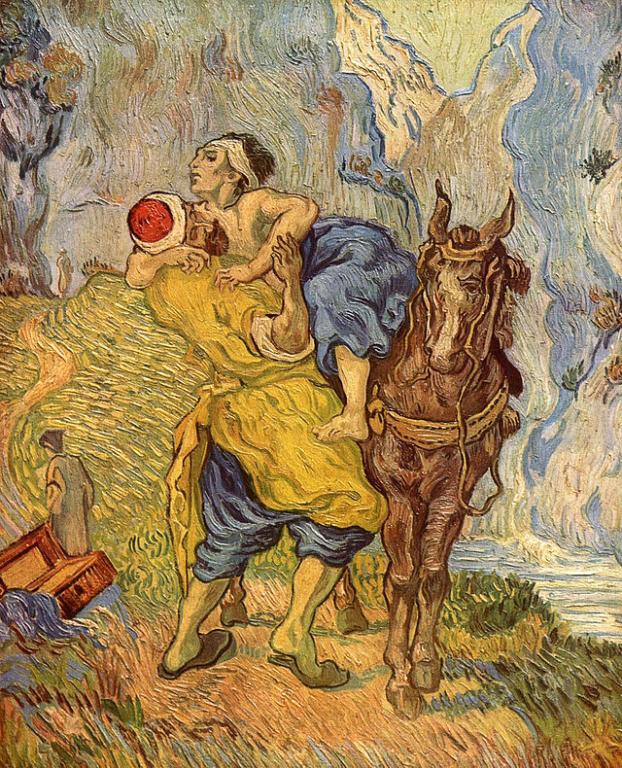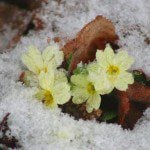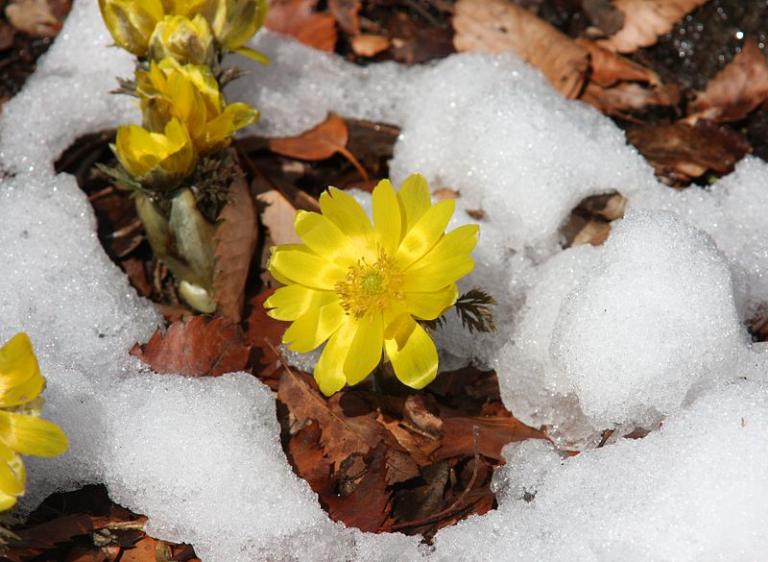
A new article of mine has just appeared today in Meridian Magazine: “Facing the Silence: Why is it So Difficult to Talk about Death?” It’s partly my way of announcing that I’m likely to pass away sometime, sooner or later, within the next several decades. Maybe even today. Some will want to buy their party hats and noisemakers and fireworks now, in order to avoid the inevitable run on the store shelves when it happens.

And this has just gone up on the completely static and unchanging website of the Interpreter Foundation: The Interpreter Foundation Podcast — July 20, 2025: The Plates of Gardner, by Kimberley Heuston, and Anachronisms: Accidental Evidence in Book of Mormon Criticisms, by Matt Roper
For the 20 July 2025 installment of the Interpreter Foundation Podcast, Terry Hutchinson, Mark Johnson, and Kevin Christensen discussed the Come, Follow Me Doctrine & Covenants lesson for 4-10 August 2025 and two recent articles in Interpreter: A Journal of Latter-day Saint Faith and Scholarship. You can listen to or download the discussion segment of the podcast episode below. The Come, Follow Me segment of the episode will be published separately. The audio track is also included in our podcast feed (https://interpreterfoundation.org/feeds/podcast).
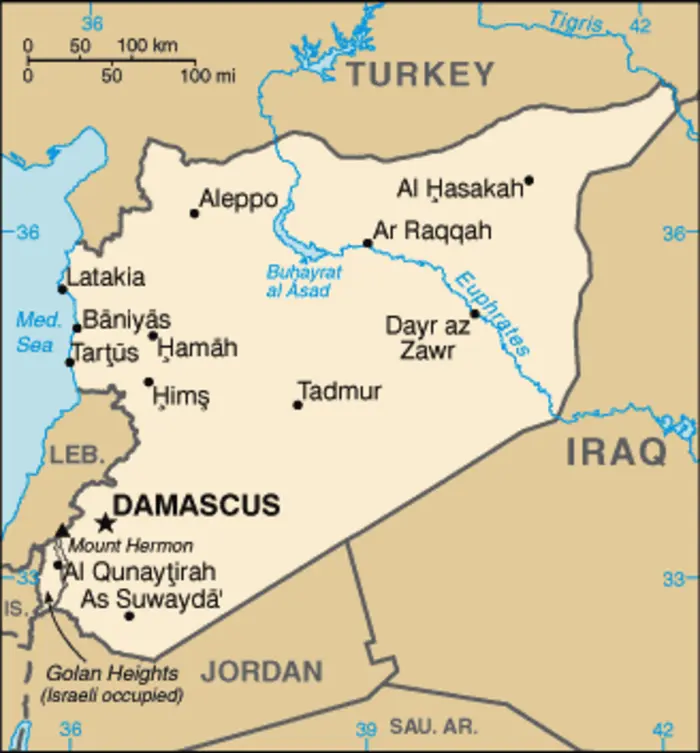
I’ve been saddened to hear of this violence: “A fragile ceasefire holds in southern Syria after hundreds of Druze civilians killed: As violence broke out last week between two ethnic groups in southern Syria, both the Israeli and Syrian governments intervened”
Every year that we’ve taken groups to Israel for the past decade and a half (or whatever it’s been), we’ve stopped for lunch at a Druze-owned restaurant up on Mount Carmel (near the traditional site of Elijah’s famous contest with the priests of Baal). And then, on another day, we’ve taken them up into the Golan Heights, an area that contains even more Druze. (You may notice a recurring element here: A persecuted religious minority, the Druze have generally taken refuge in relatively inaccessible — and defensible — mountainous areas, what are today Israel and Syria and Lebanon, in the area called “Mount Lebanon.” My dissertation topic, by the way, was indirectly connected with the origin-story of the Druze movement in the early eleventh century.)
While in the Golan, we’ve typically gone up to Mount Bental. Just about every time we’ve been up on the mountain, an elderly retired Druze math teacher has been sitting there, selling locally-grown apples — the Golan is famous for its apples and cherries and other fruit — and absolutely wonderful honey. And he gives out samples, which almost always have the effect he wants.
From the United Nations observation post there on Mount Bental, we can see Mount Hermon (part of which is in Lebanon) and down into Syria. For a while, the United Nations observers who are stationed there tell us, there were ISIS fighters living in the abandoned town of Qunaytra, just below Bental. Al-Suwaydā’ is barely visible off in the distance. In the old days, once or twice, I watched planes dropping bombs out there. I hate to see that happen again. I’ve never actually been to al-Suwaydā’, but I know the general area and I’ve met relatives of the people who live there.
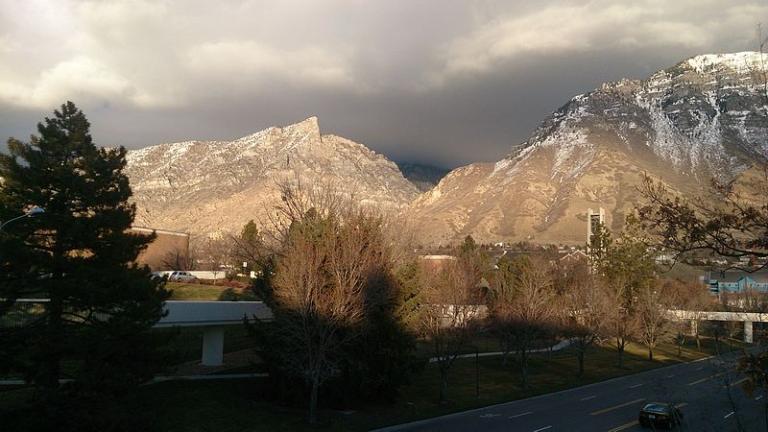
I find this interesting:
- “Wildflowers not wildfires: How BYU and Provo City are helping to restore Rock Canyon Trailhead”
- “Wildflowers are a surprising tool against wildfires: BYU researcher shows the value of flowers and their role to slow wildfires”
Moreover, they could use some help from others in the area. And there might be applications in other places, as well. I’m always intrigued, by the way, by simple, natural ways of confronting our environmental challenges. In many areas, I suspect, our planet is capable, if permitted to do so, of healing itself. As concern for climate change grows, for instance, it seems that there may be at least some ways of dealing with the problem that wouldn’t involve vast government takeovers of the economy and private life. Here, for example, is something from several years ago that caught my eye. It’s a cause that I could very easily support and that shouldn’t be controversial: “In New “Mind-Blowing” Study, Planting Trees Reduces Carbon Better Than Carbon Taxes”
Still, even assuming that the scientific argument behind it is correct, I wonder whether this proposed solution will gain much support. After all, it would furnish very little opportunity for increasing government control of the economy, multiplying regulations, empowering bureaucrats, and aggrandizing the administrative state, because planting trees is within the capacity of private citizens: “These Mexican Villagers Have Been Working to Plant 5 Millions Trees To Ease the Climate Crisis.” And see, also, “YouTube Star Known For Kindness Celebrates 20 Million Subscribers by Funding the Planting of Millions of Trees.” Here, it seems to me, is a charity worth supporting: https://www.arborday.org/
“Trees,” by Joyce Kilmer
I think that I shall never see
A poem lovely as a tree.A tree whose hungry mouth is prest
Against the earth’s sweet flowing breast;A tree that looks at God all day,
And lifts her leafy arms to pray;A tree that may in summer wear
A nest of robins in her hair;Upon whose bosom snow has lain;
Who intimately lives with rain.Poems are made by fools like me,
But only God can make a tree.
By the way, his name notwithstanding, Joyce Kilmer was male. An American, a graduate of Columbia University in New York City, a convert to Catholicism, and a married father of five, he was killed by a sniper on 30 July 1918, at the age of only thirty-one, near the French village of Seringes-et-Nesles. He had volunteered to scout out the location of a German machine gun. Sergeant Kilmer died just a few months before the end of the First World War. For his courage, he was posthumously awarded the Croix de Guerre (the “War Cross”) by the French Republic.

Well, I’ve got to go. Right now if not sooner. I’m due to watch K-Pop Demon Hunters — aka “the best movie I’ve ever seen” — with a third-generation familial unit who can sing every song in the movie and recite most of the dialogue and who is awaiting my arrival with rapidly mounting impatience. (Name, gender, and other identifying information have been suppressed in order to protect my innocent progeny from the malicious attentions of my small coterie of anonymous online stalkers.)
Before I take my leave, however, I close with an item, recovered from the Christopher Hitchens Memorial “How Religion Poisons Everything” File™, that will chill you to your very bones: “Microloans Help Newcomers Rebuild Careers in Canada”
Posted from Richmond, Virginia



